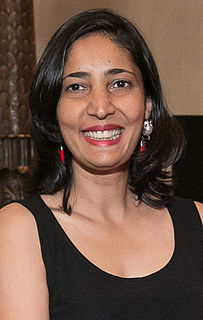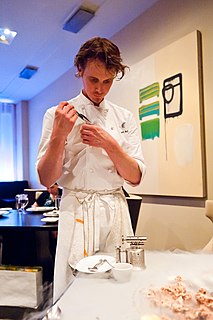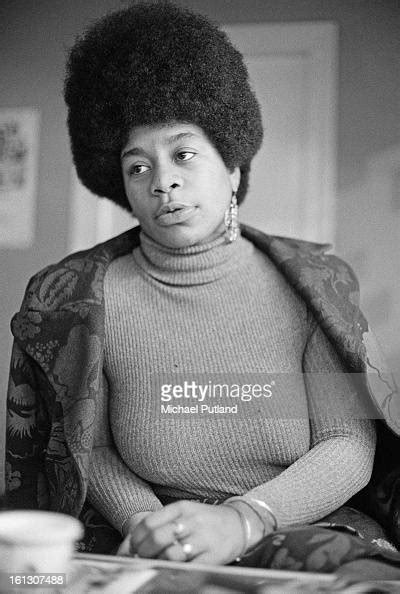A Quote by Kiran Desai
I'm always in the kitchen, cooking and experimenting - I love it. And every now and then I think, 'I should write a cookbook' or, 'I should write for food magazines.' And then I get drawn back to writing fiction again.
Related Quotes
I've never written anything that I haven't wanted to write again. I want to, and still am, writing 'A Few Good Men' again. I didn't know what I was doing then, and I'm still trying to get it right. I would write 'The Social Network' again if they would let me, I'd write 'Moneyball' again. I would write 'The West Wing' again.
The secret to writing is just to write. Write every day. Never stop writing. Write on every surface you see; write on people on the street. When the cops come to arrest you, write on the cops. Write on the police car. Write on the judge. I'm in jail forever now, and the prison cell walls are completely covered with my writing, and I keep writing on the writing I wrote. That's my method.
I write fiction longhand. That's not so much about rejecting technology as being unable to write fiction on a computer for some reason. I don't think I would write it on a typewriter either. I write in a very blind gut instinctive way. It just doesn't feel right. There's a physical connection. And then in nonfiction that's not the case at all. I can't even imagine writing nonfiction by hand.
I turn sentences around. That's my life. I write a sentence and then I turn it around. Then I look at it and I turn it around again. Then I have lunch. Then I come back in and write another sentence. Then I have tea and turn the new sentence around. Then I read the two sentences over and turn them both around. Then I lie down on my sofa and think. Then I get up and throw them out and start from the beginning.
Curiously, the balance seems to come when writing is woven into every aspect of my life, like eating or exercising - one flows constantly into the next: I'll wake up and have coffee, read the news, then write a letter or two (always in longhand), then go teach, and after teaching write a bit in a journal - dreams, what I had for breakfast and lunch and why I had it, what's on the iPod, sexual habits, etc. - then read a bit, then work on a real bit of writing...you get the idea.
The two important facts I should say, are emotion, and then words arising from emotion. I don't think you can write in an emotionless way. If you attempt it, the result is artificial. I don't like that kind of writing. I think that if a poem is really great, you should think of it as having written itself despite the author. It should flow.
I have a notebook that I take with me everywhere. I free-write in it when there are situations that I know I can write a song about. I will just start writing everything that I can think of while trying to write some things that are kind of poetic or sound like they could be in a song. Then, after the music is written, I go back and look at my subjects to see which one I think woud go with what music. Then, I formulate it into a melody and get the song.


































